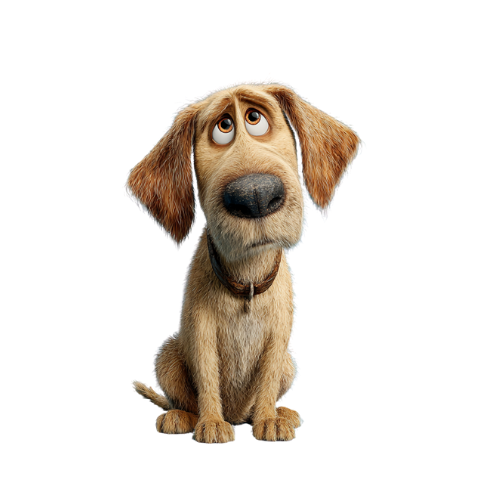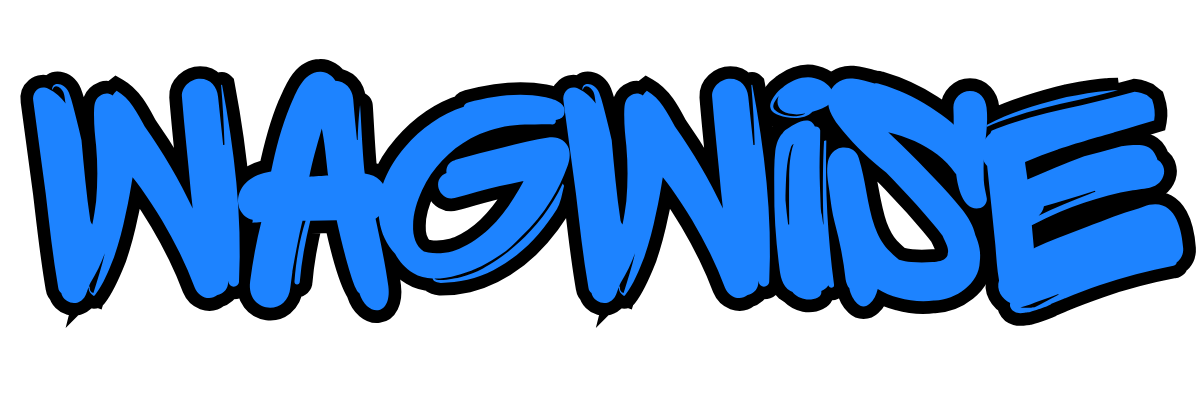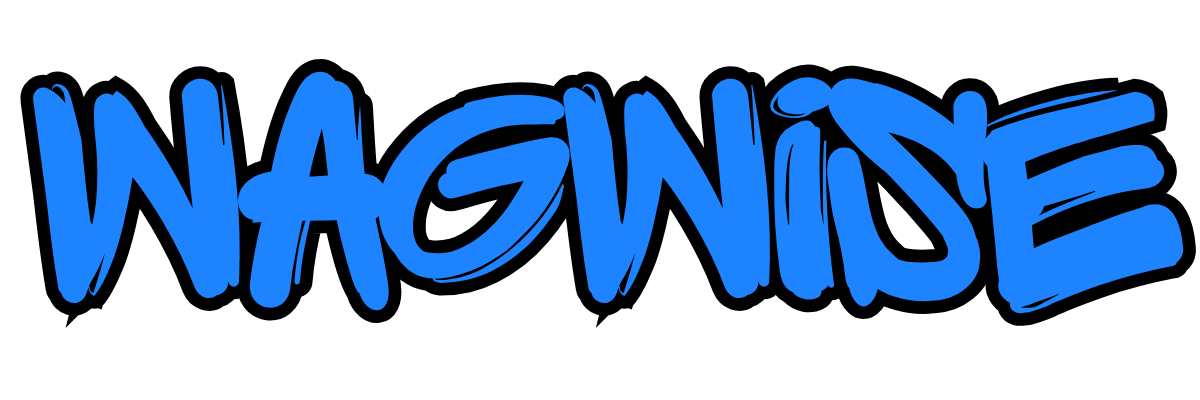Health & Nutrition Tips for Your Dog
“If you feed us rubbish, don’t expect us to act like angels. We’re dogs, not magicians!” – Grumpy Old Max
Keeping your dog healthy and well-nourished is one of the best ways to ensure a long, happy life together.
From choosing the right diet to regular vet check-ups, understanding your dog’s health needs will prevent problems before they arise.
Here at Wagwise, we’ve put together some of the best dog health and nutrition tips for Australian dog owners – with a little no-nonsense advice from our resident grump, Max!
“You wouldn’t live on chips and gravy… well, you might, but don’t make us do it!” – Max
🥩 The Importance of Good Nutrition for Dogs
Your dog’s diet is the foundation of their overall health.
The right dog food provides:
✅ Balanced energy levels
✅ A shiny coat and healthy skin
✅ Strong bones and joints
✅ Good digestion and immune support
Choosing the Best Dog Food
There are plenty of options on the market – kibble, raw diets, home-cooked meals, and premium wet foods.
Look for:
- Complete & balanced formulas that meet AAFCO or FEDIAF standards.
- High-quality proteins (real meat like chicken, beef, lamb, or fish should be the first ingredient).
- Omega fatty acids, vitamins, and minerals for joint and coat health.
- Avoid foods with lots of fillers, artificial colours, or preservatives.
💡
Max says:
“Read the label! If the first ingredient is something you can’t pronounce, maybe put it back on the shelf, eh?”
🍖 Can Dogs Eat Human Foods?
Some human foods are safe in moderation (like carrots, blueberries, or plain cooked chicken), while others are toxic to dogs – grapes, onions, chocolate, macadamias, and xylitol (a common sweetener) are big no-nos.
Handy Tip:
Keep a “Safe & Unsafe Foods for Dogs” fridge magnet (we’ve got one for you in our Wagwise blog!) to make sure your pup doesn’t end up in the vet clinic after stealing your dinner.
“If it smells good to you, it smells better to us. So don’t leave that choccy cake on the bench and then blame us!” – Max
💧 Hydration Matters
Water is just as important as food. Always have a fresh, clean bowl of water available, especially in the Aussie summer.
Dogs can get dehydrated quickly in the heat.
💡
Pro Tip: Add ice cubes to their water bowl on hot days or try frozen dog-safe treats.
🐕🦺 Maintaining Your Dog’s Ideal Weight
“If you can’t feel our ribs under a light touch, we might need fewer snacks. Sorry, mates.” – Max
Just like people, overweight dogs are at risk of diabetes, arthritis, and heart disease.
Use these tips to keep your dog at a healthy weight:
- Measure meals – don’t just free-feed.
- Choose healthy dog treats or even small pieces of veggies.
- Make sure they get daily exercise – walks, fetch, or agility play.

🐾 Regular Vet Check-Ups Are Essential
Annual health checks, vaccinations, flea and tick prevention, and dental exams are non-negotiable for your dog’s well-being.
Common Health Issues in Aussie Dogs:
- Ticks & Fleas – especially in coastal and rural areas.
- Heatstroke – a real risk in our hot summers.
- Snake Bites – in bushy or rural regions.
- Dental Disease – which can cause pain and infections.
“If you wait until we’re sick to see the vet, don’t blame us when the bill makes your eyes water!”
– Max
🦴 Supplements & Special Diets
Some dogs benefit from joint supplements, probiotics, or special diets for allergies, sensitive stomachs, or medical conditions.
Always
chat to your vet first before adding anything new.
🐶 Grumpy Old Max’s Quick Tips for Healthy, Happy Dogs
- Feed high-quality food: “We deserve better than leftover sausage rolls.”
- Keep us active: “A tired dog is a good dog. Mostly.”
- Brush our teeth or give dental chews: “Because stinky breath is not a good look.”
- Prevent parasites: “Ticks, fleas, and worms – no thanks!”
- Love and attention: “We don’t just need food; we need your time too!”
WAGWISE FAQ's
What is the best dog food for Australian dogs?
The best dog food for Australian dogs is one that is complete and balanced, meeting AAFCO or FEDIAF standards. Look for options with real meat as the first ingredient, healthy fats, and essential vitamins and minerals. Avoid dog foods filled with artificial colours, flavours, and cheap fillers.
Can I feed my dog human food?
Some human foods are safe for dogs in moderation, such as carrots, blueberries, and plain cooked chicken. However, foods like grapes, chocolate, onions, macadamias, and xylitol are toxic to dogs and should never be given.
How often should I take my dog to the vet?
Dogs should have a yearly health check with a veterinarian to ensure they are up-to-date with vaccinations, parasite prevention, and dental health. Puppies, seniors, or dogs with medical conditions may require more frequent visits.
How can I tell if my dog is overweight?
You should be able to feel your dog’s ribs without pressing too hard but not see them prominently. If you can’t feel their ribs or notice a lack of waistline, they may be overweight. A vet can help with weight management and diet advice.
Should I give my dog supplements?
Some dogs benefit from supplements like glucosamine for joints, probiotics for digestion, or omega fatty acids for skin and coat health. Always speak to your vet before introducing any supplements to ensure they are safe and necessary.
🐕 Related Dog Health & Nutrition Questions
- What is the best dog food for puppies in Australia?
- Should I feed my dog raw or cooked meat?
- How often should I take my dog to the vet?
- What human foods are toxic to dogs?
📚 Related Wagwise Blog Posts
🔗 [Safe & Unsafe Foods for Dogs – Your Ultimate Guide]
🔗 [Top 10 Dog Treats That Are Actually Healthy]
🔗 [How to Keep Your Dog Cool in the Australian Summer]
🐾 Final Woof from Grumpy Old Max
“Look, we don’t ask for much – good food, clean water, a bit of exercise, and some belly rubs. Give us that, and we’ll be your best mate for life. Fair deal?”

